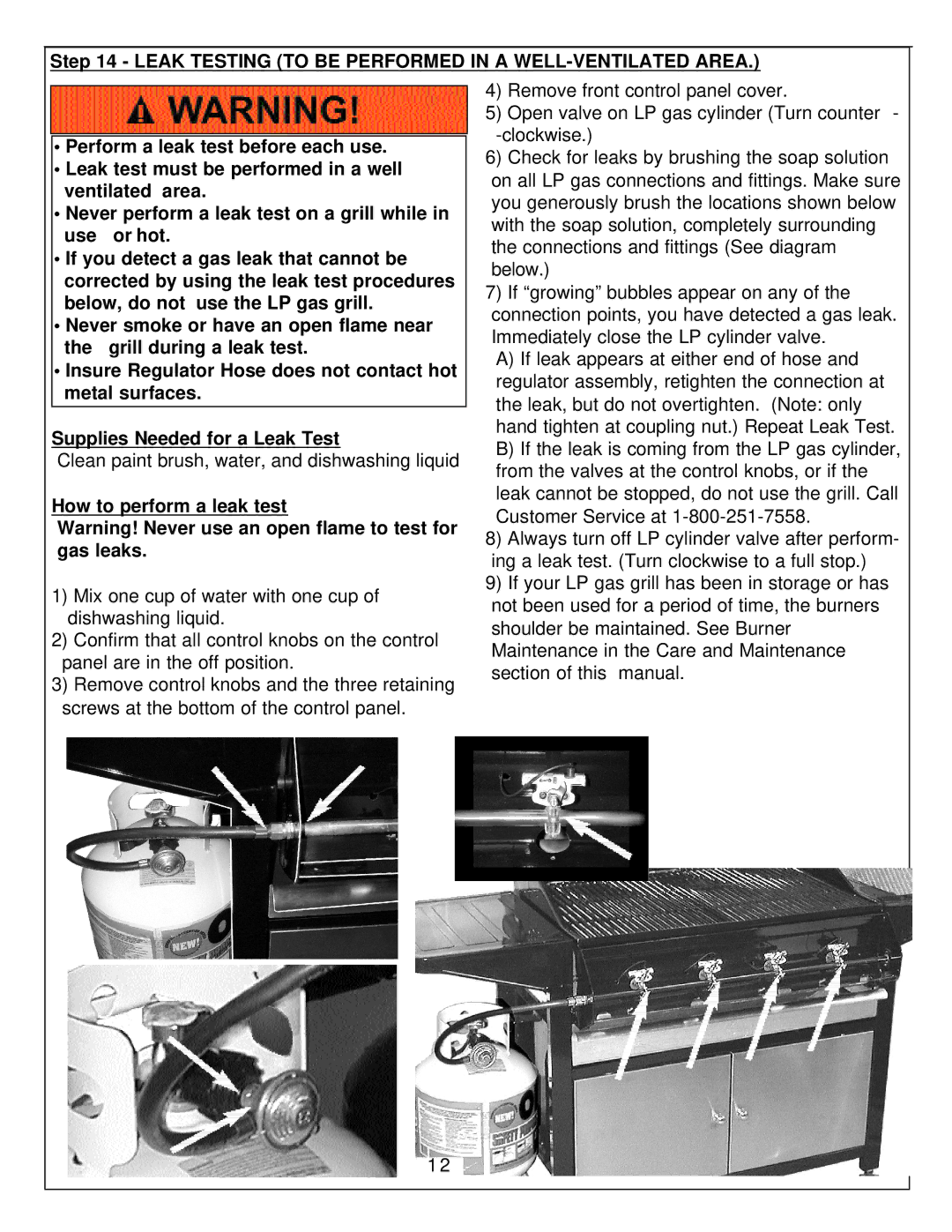8362, 8462 specifications
Aussie 8462,8362 are two advanced models that showcase the innovation in modern technology, particularly in the field of telecommunications and data transmission. These models are a testament to Australia’s growing influence in the tech sector, particularly in developing solutions that cater to both local and international markets.One of the main features of the Aussie 8462 is its exceptional data processing capacity. This model is engineered to handle large volumes of data with remarkable efficiency, making it ideal for businesses that rely on real-time analytics. Additionally, the 8462 incorporates advanced encryption technologies, ensuring that data remains secure during transmission. This feature is increasingly important in an era where data breaches are rampant, and businesses must prioritize customer privacy.
On the other hand, the Aussie 8362 focuses more on connectivity and versatility. It has been designed to support multiple connectivity options, including 5G, LTE, and Wi-Fi 6. This variety allows it to cater to a wide range of devices, ensuring seamless communication in diverse environments. Moreover, the 8362 is equipped with smart routing capabilities that optimize network traffic, thereby enhancing overall performance and reducing latency.
Both models employ state-of-the-art artificial intelligence algorithms to facilitate predictive analysis and automate network management tasks. This functionality significantly reduces the need for manual intervention, allowing IT departments to focus on strategic initiatives rather than routine maintenance.
In terms of physical characteristics, both the 8462 and 8362 boast rugged and compact designs, suitable for various installation environments. They are built with durable materials that can withstand extreme weather conditions, making them ideal for outdoor deployments. Furthermore, their energy-efficient architecture ensures that they consume less power while delivering high performance, contributing to sustainability efforts.
In conclusion, the Aussie 8462 and 8362 represent a significant advancement in telecommunications technology. Their integration of robust security features, advanced connectivity options, and intelligent network management systems makes them suitable for modern businesses looking to thrive in a digital-first world. As Australia continues to innovate in this space, these models set a benchmark for future developments in telecommunications technology.

